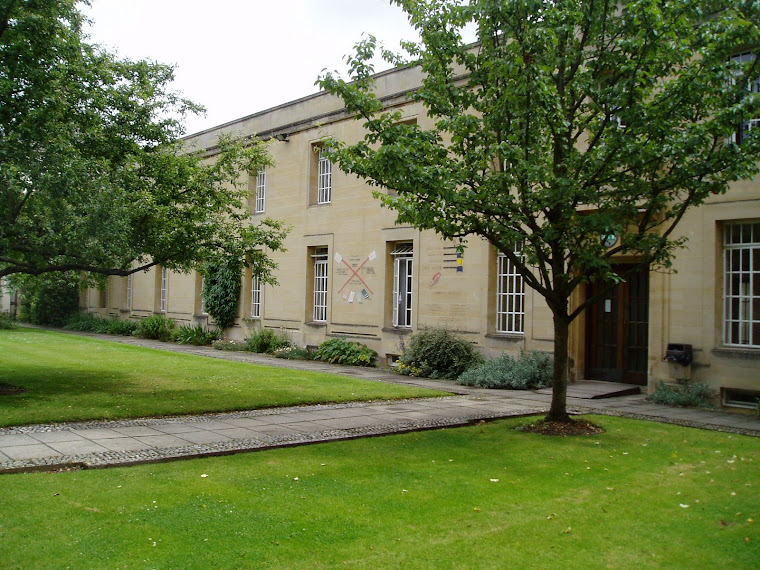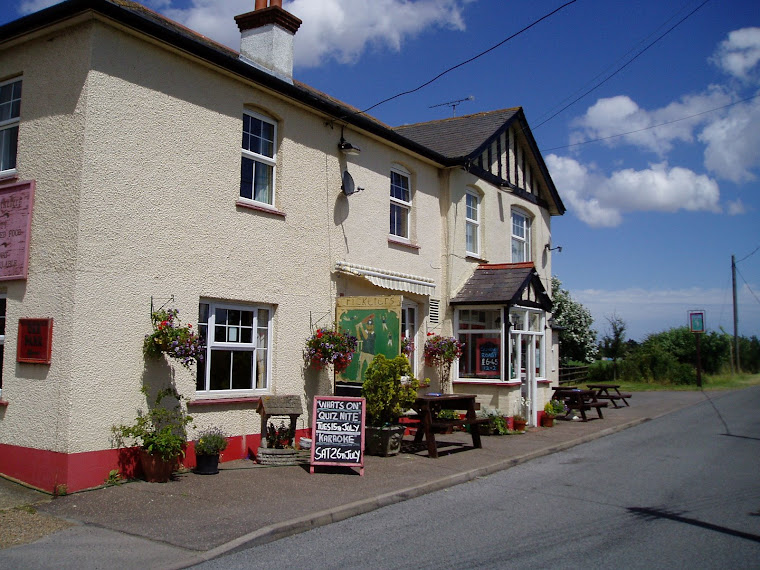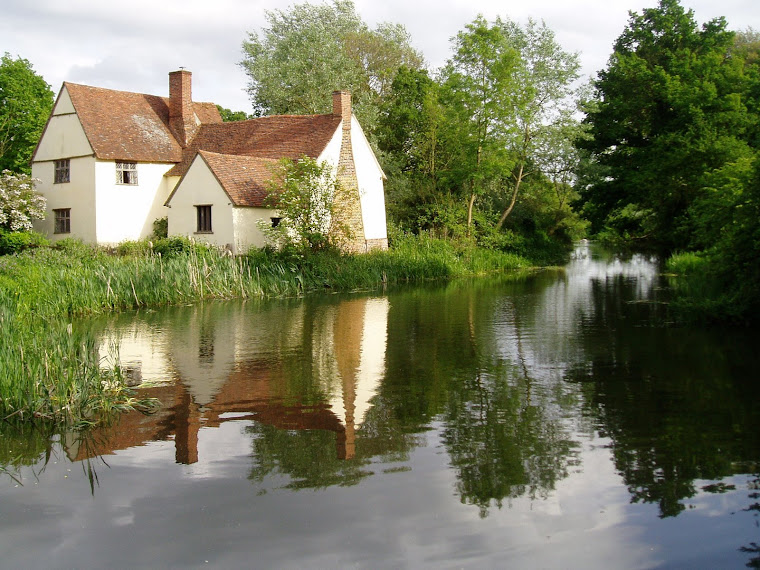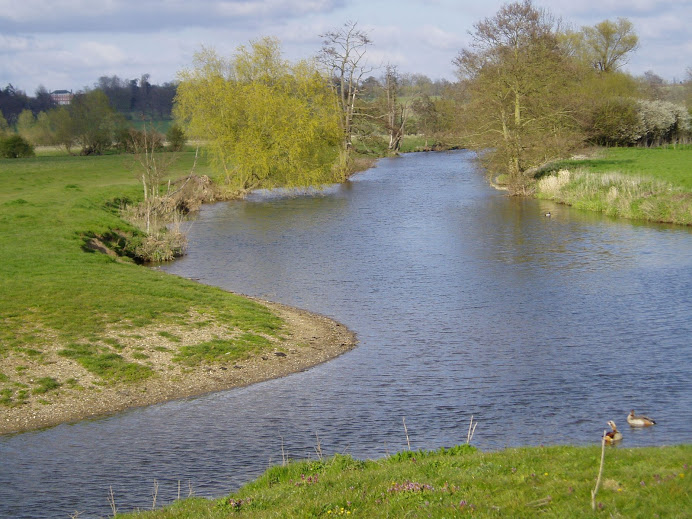Now that I have written a series of observations on how the Open Brethren in Hornchurch went from a significant part of the Christian landscape, in the 1970s when I came to the area, to a failed denomination with no active chapel or assembly at the present time in Hornchurch, I wish to conclude with some comments by a former Brethren elder who gave his reasons why there is no longer a Brethren presence in Hornchurch.
He put it down to three reasons: a call for professionalism, a changing world, and the demise of the small church.
On the call for professionalism, he mentioned that there was a desire to have trained ministers, those with expertise and men who were full time, theologically equipped to teach and lead the assembly.
On the matter of a changing world, he thought that the demands of modern life, the long hours working culture, job commitments, family needs, and school activities for the children, made it very difficult to find time to prepare for ministry, preaching, meetings etc.
On the demise of the small church, he believed that ninety nine per cent of those who left the Brethren assemblies went to other churches. The range of activities in larger churches was very appealing for the whole family, particularly in youth groups, larger Sunday schools etc. Larger church had more social events and a much more varied programme. It was easier to join in and to take a back seat, enjoying the activities without responsibilities and commitments.
I would add that the Brethren failed to get to grip with the changes in the world. Their position on charismatic renewal, women's ministry, and cultural issues, did not make them attractive to the baby boomers (those who were teenagers in the 1960s) and the generations that followed. The Brethren lost the means and the methods of passing on their brand of Christianity in Hornchurch.
If you have any reflections, observations, or insights then I would be delighted to hear from you. I welcome your comments.
He put it down to three reasons: a call for professionalism, a changing world, and the demise of the small church.
On the call for professionalism, he mentioned that there was a desire to have trained ministers, those with expertise and men who were full time, theologically equipped to teach and lead the assembly.
On the matter of a changing world, he thought that the demands of modern life, the long hours working culture, job commitments, family needs, and school activities for the children, made it very difficult to find time to prepare for ministry, preaching, meetings etc.
On the demise of the small church, he believed that ninety nine per cent of those who left the Brethren assemblies went to other churches. The range of activities in larger churches was very appealing for the whole family, particularly in youth groups, larger Sunday schools etc. Larger church had more social events and a much more varied programme. It was easier to join in and to take a back seat, enjoying the activities without responsibilities and commitments.
I would add that the Brethren failed to get to grip with the changes in the world. Their position on charismatic renewal, women's ministry, and cultural issues, did not make them attractive to the baby boomers (those who were teenagers in the 1960s) and the generations that followed. The Brethren lost the means and the methods of passing on their brand of Christianity in Hornchurch.
If you have any reflections, observations, or insights then I would be delighted to hear from you. I welcome your comments.


































































































































4 comments:
John, I have found your posts on this very interesting. It seems to me that some denominations get stuck in the past, and they now appear more like cults to outsiders (the Exclusive Brethren being a good example).
In the UK today Christians have a lot of choice about which church they become involved with, and they will choose one that appeals to them. If their fellowship does not seem to be going anywhere they are prepared to move on, rather than staying put and flogging a dead horse (to use a phrase I've heard from you!).
With regard to the 'Charismatic' angle you mention, I have an unusual theory. Perhaps Christians in the UK are not particularly drawn to Charismatic churches per se, but they are put off by anti-Charismatic churches! By that I mean that Charismatic churches in the UK may not grow mainly as a result of their 'Charismatic-ness' (tongues, prophecy, healing, etc) - rather, younger Christians in particular enjoy the 'contemporary' feel/atmosphere in the services, with 'pop/rock-style worship' and more 'casual' (or at least not too sombre) approach to preaching and Communion. On the other hand, they are put off by 'anti-Charismatic' churches which are more often than not stuck in the past and resistant to change.
If we take Hornchurch as an example, the only OPENLY Charismatic long-standing fellowship that I know of is Havering Christian Fellowship (although there have been a few other fellowships start-up in recent years which may be Charismatic). [When I use the word 'openly' I am thinking of churches which are pro-active in the use of spiritual gifts; if you attend any randomly-selected Sunday morning service there is a good chance you will hear tongues or prophecy, etc.] But the attendance at HCF is probably well under 10% of the total church attendance in Hornchurch, and I am fairly confident that this situation applies throughout the UK. This suggests to me that the British are not particularly drawn to Charismatic churches. However, the churches which are doing well tend to be those which sing contemporary worship songs (at least some of the time), use the NIV Bible rather than the KJV, and generally speak in modern (rather than Elizabethan) English. These are not necessarily the only reasons for success, and no doubt other factors such as good leadership also play a major part.
Thanks for your comments. I will thank you again, John, personally when I see you.
Very interesting subject with very helpful comments. In my own experience it is definitely a case of young folk wanting (and often demanding) modern worship. Any one not prepared to grant them their desire is accused of not understanding them, not showing them enough love or respect etc. Some of these young folk may not even be saved!!! And yes, with regard ministry and use of gift, people are becoming all too ready to want a professional with training to do it for them. Preaching, evangelism, serving the Lord and one another......isn't that what people go to bible colleges and seminaries to learn how to do? Let's get someone in to do it for us. Sadly, many brethren assemblies leave themselves open to criticism given the poor quality of teaching generally found. I do appreciate there are exceptions, and praise God for them, but a couple expressing concern over their children's spiritual condition (and their own) are far more likely to find food for their souls in a church with an ongoing consecutive teaching ministry with depth and substance, than they are in a brethren assembly where the gospel is still faithfully preached...to the converted, with very little else for the young Christian. If I'm not mistaken, its not just the Open Brethren who were once far more numerous in the area you refer to. I believe the Exclusive Brethren were once quite strong there too. It was sad, but hardly surprising, to learn some time ago that the little Glanton brethren meeting in Upminster had closed. I have just forgotten the name of the road, but St Lawrence Road, or something similar???
https://lst.ac.uk/in-memory-of-harold-h-rowdon/
I would like to pay tribute to Doc Rowdon. Please see Tony Lane's eulogy.
Post a Comment